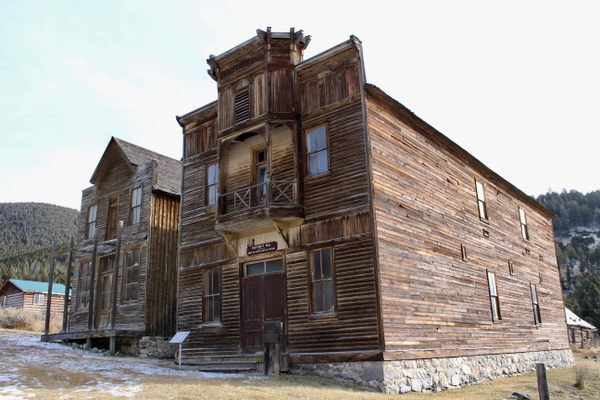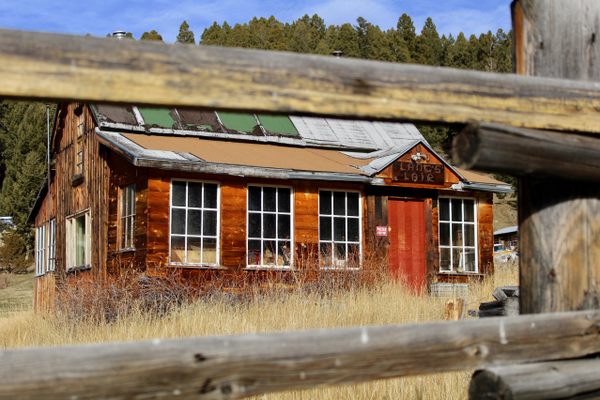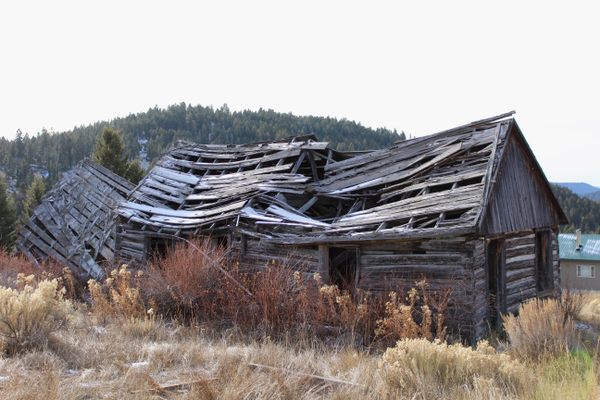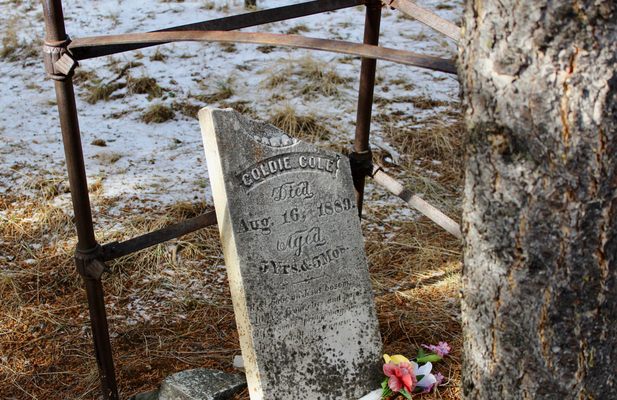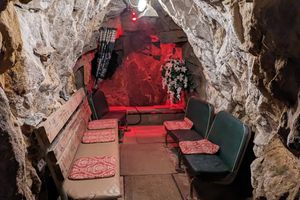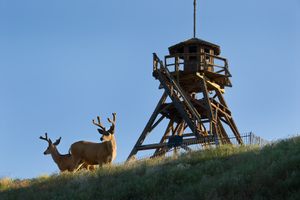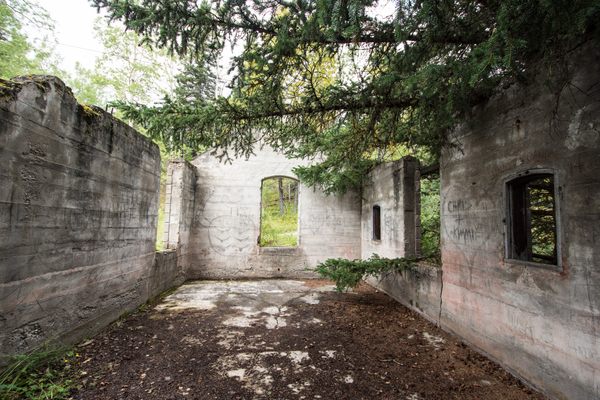About
Silver fever took hold of Montana in the latter half of the 1800s, after several silver deposits were discovered in the aptly nicknamed Treasure State. Silver production boomed, second only to Colorado, and many small towns sprung up around the mines.
One such silver mining locale was the town of Elkhorn, founded in central Montana in 1872. Unlike many of the mining camps of the time, which were primarily populated by single male workers, Elkhorn was a family town. At its height, it had around 2,500 residents, and was home to the usual Western boom town establishments: a school, hotel, church, and saloon.
The town fell into decline around the turn of the century as silver prices dropped, and a diphtheria epidemic tragically killed many of the local children. It was abandoned in the 1970s, with only a handful of residents persisting into the 21st century. Today, the ghost town stands as Montana’s smallest state park, and what remains of Elkhorn is in varying states of preservation.
The town's main gathering places, Gillian Hall and Fraternity Hall, are fairly well-preserved and open for exploration. The original fixtures were left in place, just the way they were over a hundred years ago. Other buildings are starting to cave in or are boarded up, leaving visitors to wonder what took place inside their walls.
Related Tags
Know Before You Go
Fraternity Hall and Gillian Hall were preserved as part of Elkhorn State Park, open year-round. The second floor of Fraternity Hall is open to the public and well worth poking around in. Be careful when wandering around the cemetery, as some of the grave markers are quite small and could easily be stepped on.
Published
August 8, 2018
